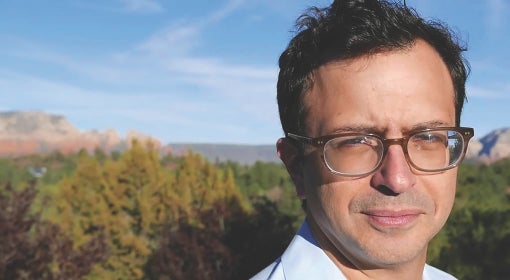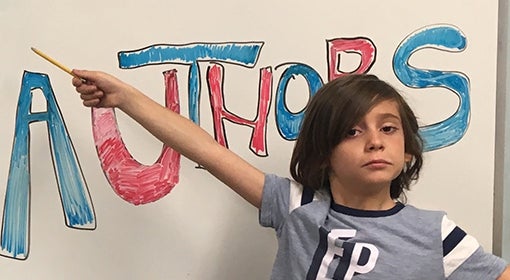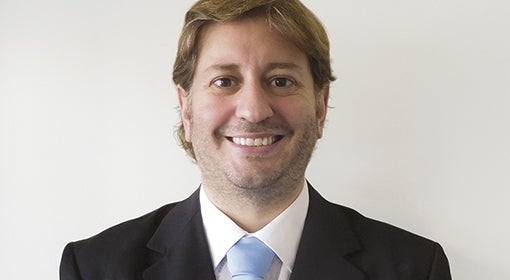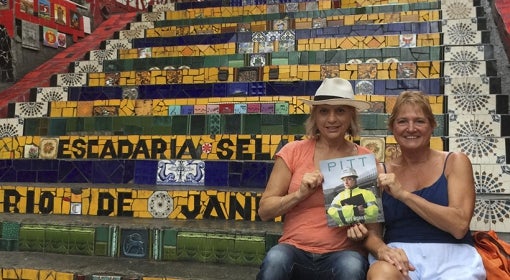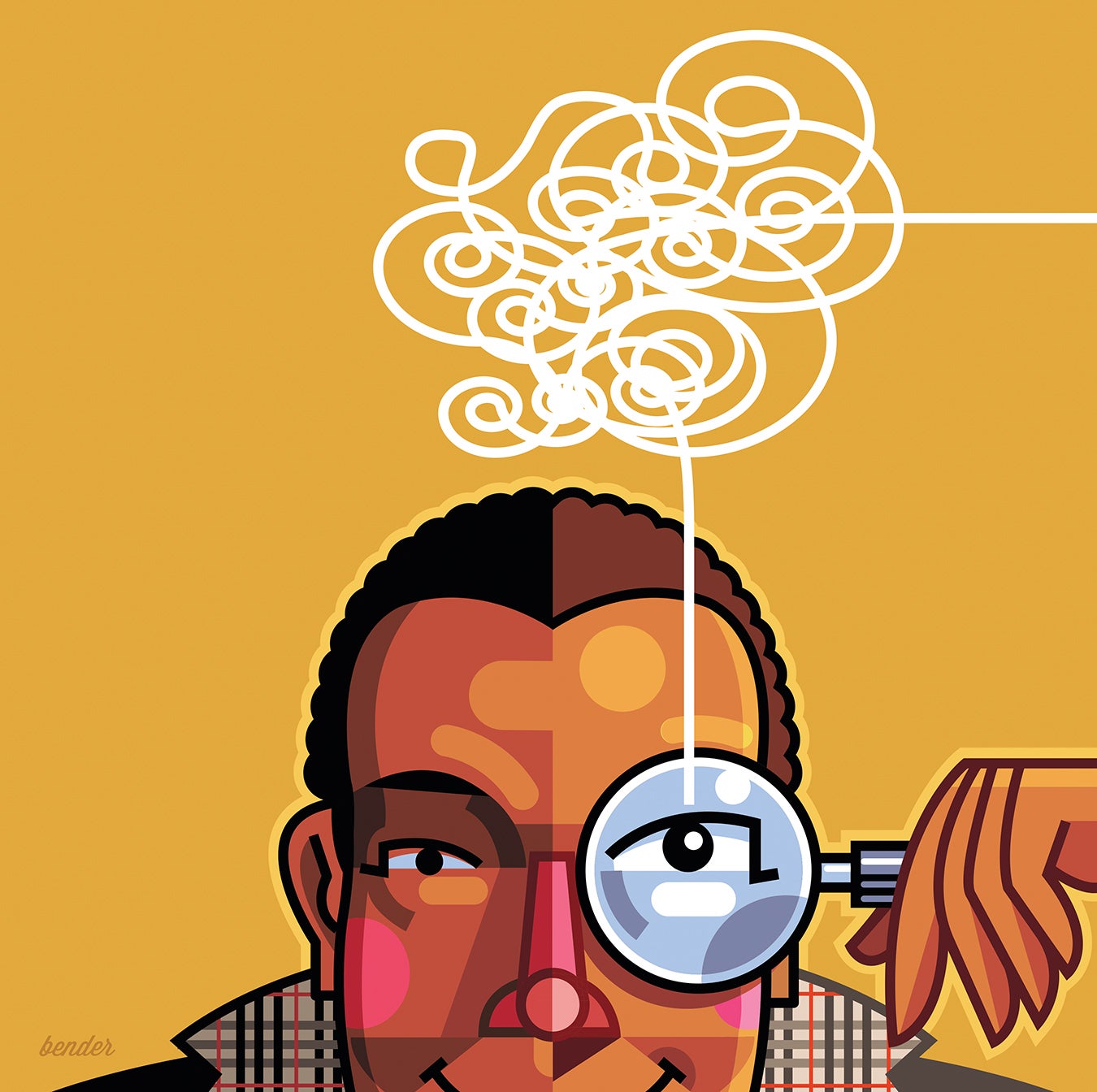 Late on a Wednesday night, about 30 undergrads are in a classroom in David Lawrence Hall, traveling back in time to a July day in 1993. They journey through old crime scene photos projected onto a screen at the front of the room: down a garden pathway, up a set of wooden stairs onto a second-floor porch, and into a small apartment where a grim sight awaits.
Late on a Wednesday night, about 30 undergrads are in a classroom in David Lawrence Hall, traveling back in time to a July day in 1993. They journey through old crime scene photos projected onto a screen at the front of the room: down a garden pathway, up a set of wooden stairs onto a second-floor porch, and into a small apartment where a grim sight awaits.
As they closely examine each image, the students’ faces betray no discomfort. It’s simply business as usual for members of Pitt’s Students Conquering Cold Cases (SCCC), a club dedicated to the hunt for clues to unsolved crimes. Tonight’s focus is on the tragic, decades-old homicide of 74-year-old Stephanie Coyle from Arnold, Pa.
The SCCC was founded in 2015 by Nicole Coons, then a Pitt undergrad studying political science with a growing interest in law. After learning about an unsolved missing persons case in her central Pennsylvania hometown, she became immersed in a search for answers. Soon, she had the idea for a club that would turn the analysis of unsolved cases into an educational experience that would help Pitt students learn about crime investigations, law enforcement, and the legal system. In search of a faculty advisor, Coons approached Ron Freeman, a former commander of the Pittsburgh Bureau of Police and an instructor in Pitt’s Administration of Justice program. He agreed, and quickly found that members of the SCCC aren’t merely crime drama junkies; they are serious about solving mysteries in the pursuit of justice.
“These cases are unsolved for a reason,” says Alex Morgan, a legal studies and philosophy major and the club’s current president. But despite the difficulties posed by a 24-year-old case, the student detectives are undeterred. Whether conducting Google searches or, as Morgan says, “taking a stab in the dark and reaching out to people,” they try to be as creative as possible in their investigations. Coons values this approach. “We’re not trying to go back and do what law enforcement did. We’re trying to think of a new direction.”
The club works on three different cold cases, coming together weekly to compare notes and pursue leads. The meetings often involve special guests, and tonight’s speaker is Willie Weber, a retired police chief from Arnold and the former lead detective for the Coyle case. He shares what he knows with Pitt’s amateur investigators, including the original crime scene photos and autopsy report.
A freshman with dark, inquisitive eyes admits that she sees something different in a crime scene photo than what Weber has deduced. The former detective encourages her skepticism. “You try to change my mind,” he says. “I want to hear it.”
Using a shared online document and message thread on their laptops, members formulate questions for Weber as he talks. Their list continues to grow as he helps them dissect the case.
“I don’t need to be anywhere tonight so if we want to stick around until the janitor throws us out,” says Weber, “I’m good to go.” It’s well after 10 p.m., but no one moves to leave.
Morgan isn’t surprised. “We want to solve this case so badly.”
This article appeared in the Winter 2018 issue of Pitt Magazine.

